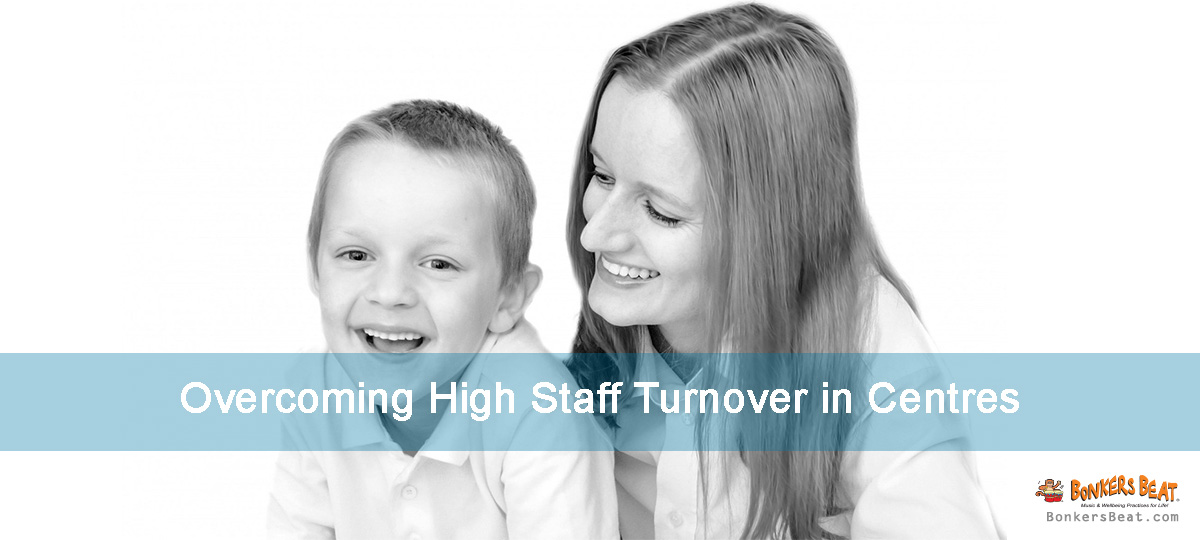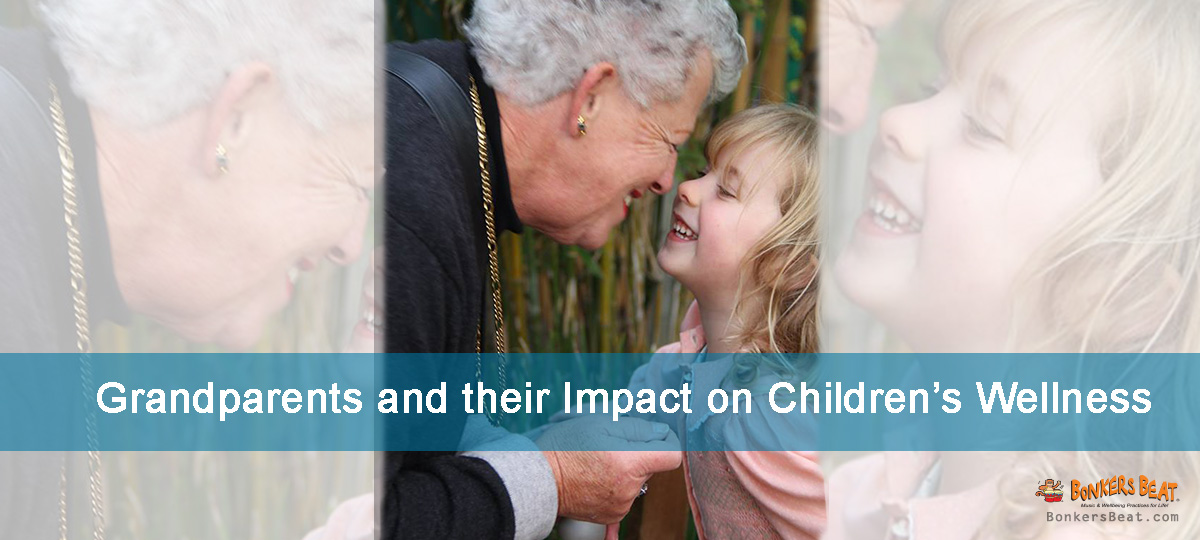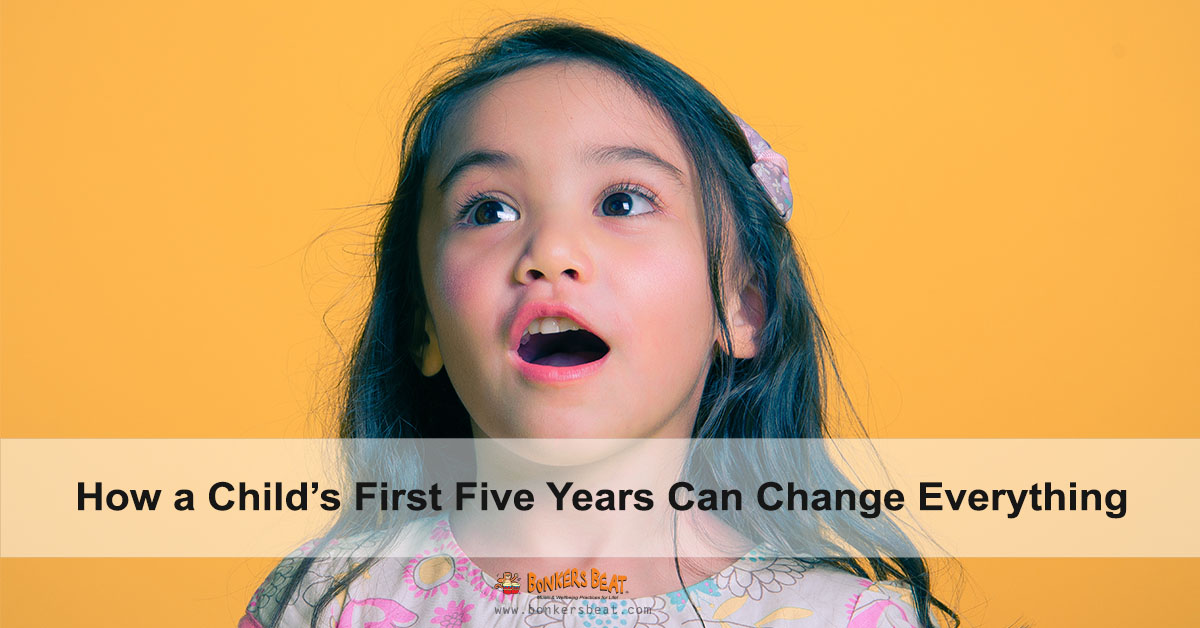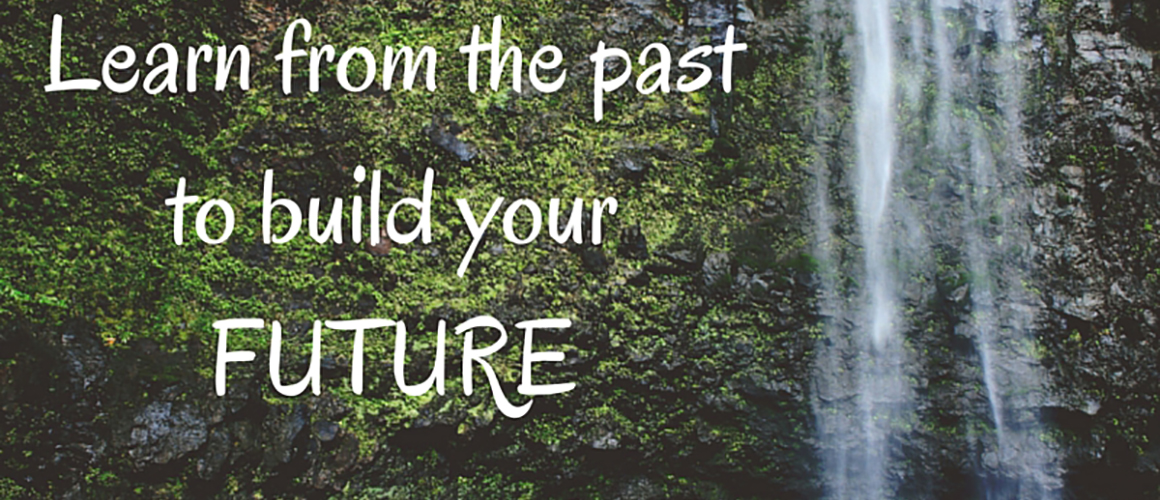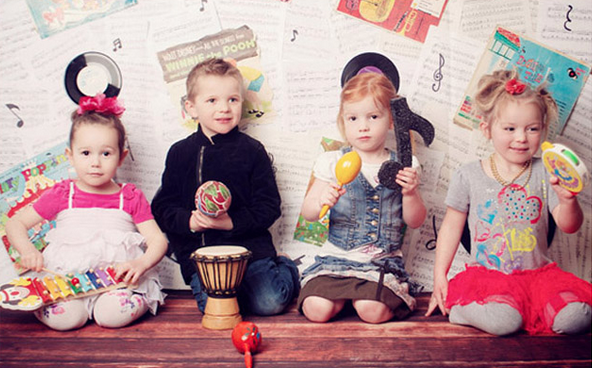When it comes to the first five years, we know how important this time is in a child’s development.
Genetics play a role in this foundation-laying period in children’s lives, along with other influencing factors like nutrition, environment and relationships. With many children spending time in childcare centres or kindergartens during these early years, early childhood educators can have a notable impact on their lives – now and into the future.
In this blog we will focus on relationships and high staff turnover in centres. A recent survey conducted by Queensland University of Technology discovered that of 1,200 childcare workers across Australia, 1 in 5 plan to leave their job within the space of a year.
The research leader Professor Karen Thorpe spoke with the ABC, saying: “[The children] are losing people they’re attached to and that’s not good for children’s learning or emotional and social development.”
Children’s bonds with educators
Children have various bonds with different educators and can also be creatures of habit – they tend to like routine and seeing familiar faced, so when an educator they are used to seeing is no longer around it can cause distress.
Children deserve the opportunity to feel like they can trust their caregivers and when an educator who has created a positive, nurturing relationship with them is leaving, that sense of trust can be affected. Needless to say, this can disrupt a child’s learning experience and be generally upsetting for them.
The impact is felt
The impact of losing staff members – team members – is felt across every aspect of a centre. And while children are impacted most, everyone is affected.
To gain a passionate, qualified, dedicated educator is no easy feat and requires time, energy, patience and financial resources. Even more to train them, help them to understand centre’s philosophy, make them feel welcome and comfortable. For educators to then be planning to leave within a short frame of time presents many challenges for a centre.
Parents need to be informed, job advertisements need to be distributed – and of course, as we mentioned, it needs to be explained to children.
Facilitate loyalty
So how do we overcome high staff turnover and improve retention of our valued educators? It’s a complex issue and one that there is no simple answer for, but it is something we need to work to overcome together as dedicated members of this important industry.
In this recent article in Early Edition, we discuss what an exciting time it is to work in early childhood education. We also acknowledge that it’s a role that isn’t always easy but as a team we can create positive environments that are geared towards maximising the day-to-day experience for our educators.
Supporting the wellbeing of educators and maintaining an open line of communication with plenty of opportunities to express feelings can be invaluable. While we spend a lot of time doing and informing, sometimes we can benefit greatly from simply listening and understanding.
Have you experienced high staff turnover in centres? What actions do you take to improve retention of your educators?
High staff turnover in centres is an industry-wide issue in early childhood, so a team approach is the first step toward fostering a culture of long-standing teams of educators in our centres.

